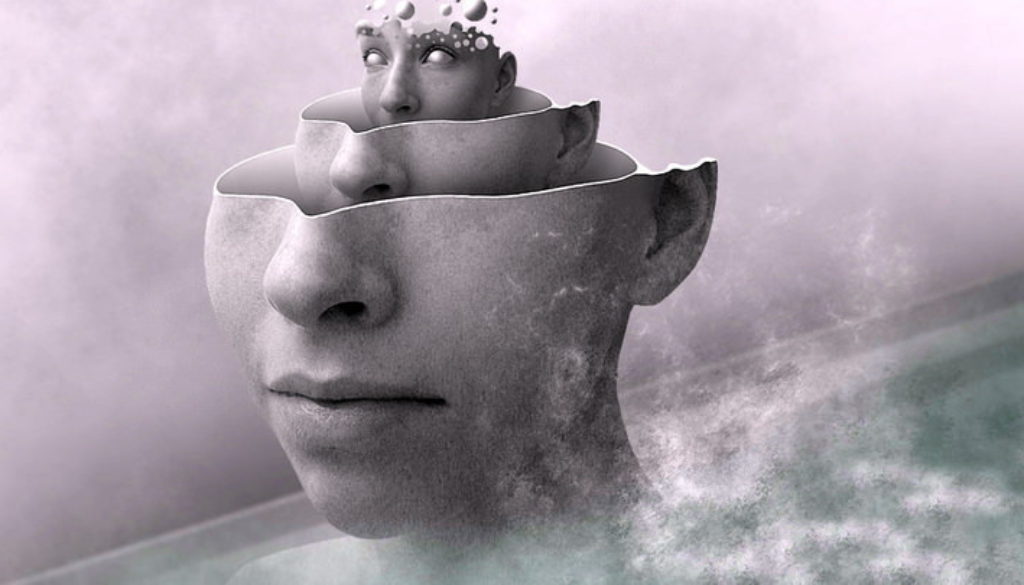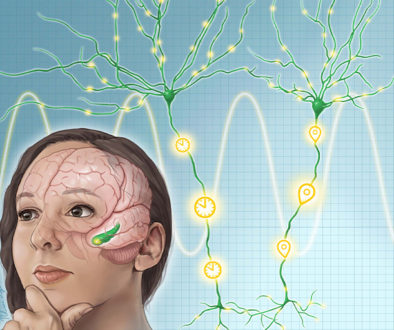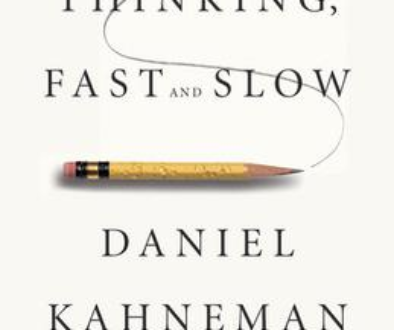ARTICLE: “The Illusion of Conscious Thought”
Peter Carruthers
“The Illusion of Conscious Thought”
PDF
Citation
Carruthers, P. (2017). The illusion of conscious thought. Journal of Consciousness Studies, 24(9-10), 228–252.
http://faculty.philosophy.umd.edu/pcarruthers/The%20illusion%20of%20conscious%20thought.pdf
https://psycnet.apa.org/record/2017-54740-013
Abstract: This paper argues that episodic thoughts (judgments,
decisions, and so forth) are always unconscious. Whether consciousness is understood in terms of global broadcasting/widespread
accessibility or in terms of non-interpretive higher-order awareness,
the conclusion is the same: there is no such thing as conscious
thought. Arguments for this conclusion are reviewed. The challenge of
explaining why we should all be under the illusion that our thoughts
are often conscious is then taken up.
Keywords: attention; confabulation; consciousness; self-knowledge;
thought; working memory.
featured in scientific american:
https://www.scientificamerican.com/article/there-is-no-such-thing-as-conscious-thought/
“The evidence suggests, then, that there are no such things as conscious thoughts. On the contrary, all conscious thinking and reasoning requires a sensory-based format, involving imagery of one sort or another. Amodal thoughts exist, of course. We make judgments, access memories and beliefs, form and act on goals and intentions, and so on. But such thoughts are always unconscious. They mostly do their work downstream of the conscious contents of working memory. They may be evoked into activity by conscious states, perhaps, but they enter into processes of reasoning and decision making that fall outside the content of working memory, and are unconscious.”
–Peter Carruthers


